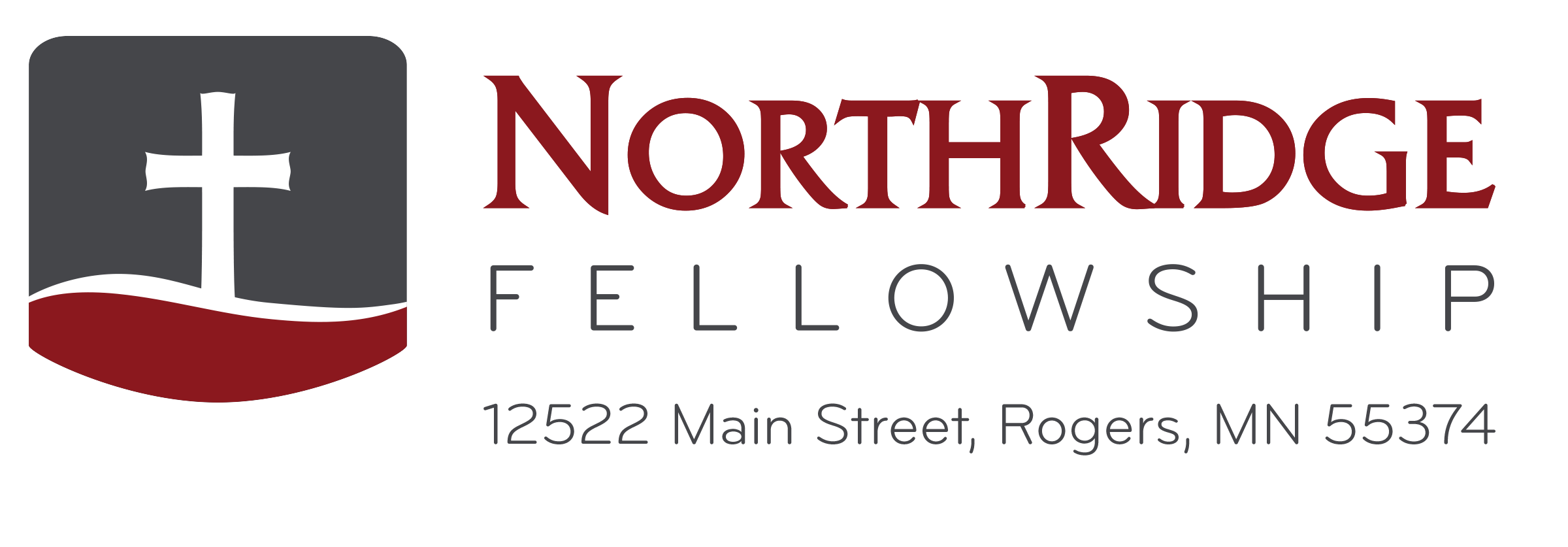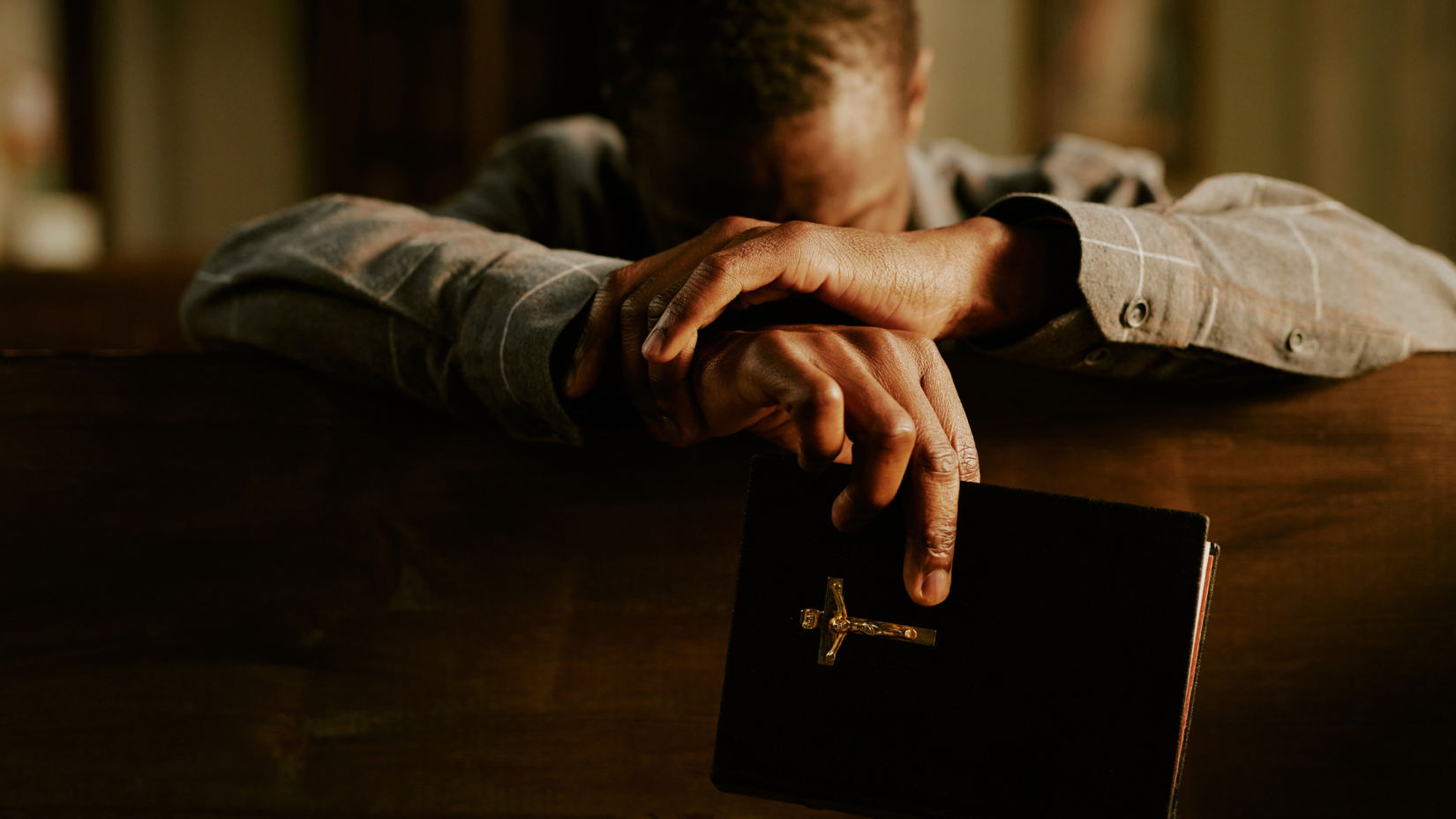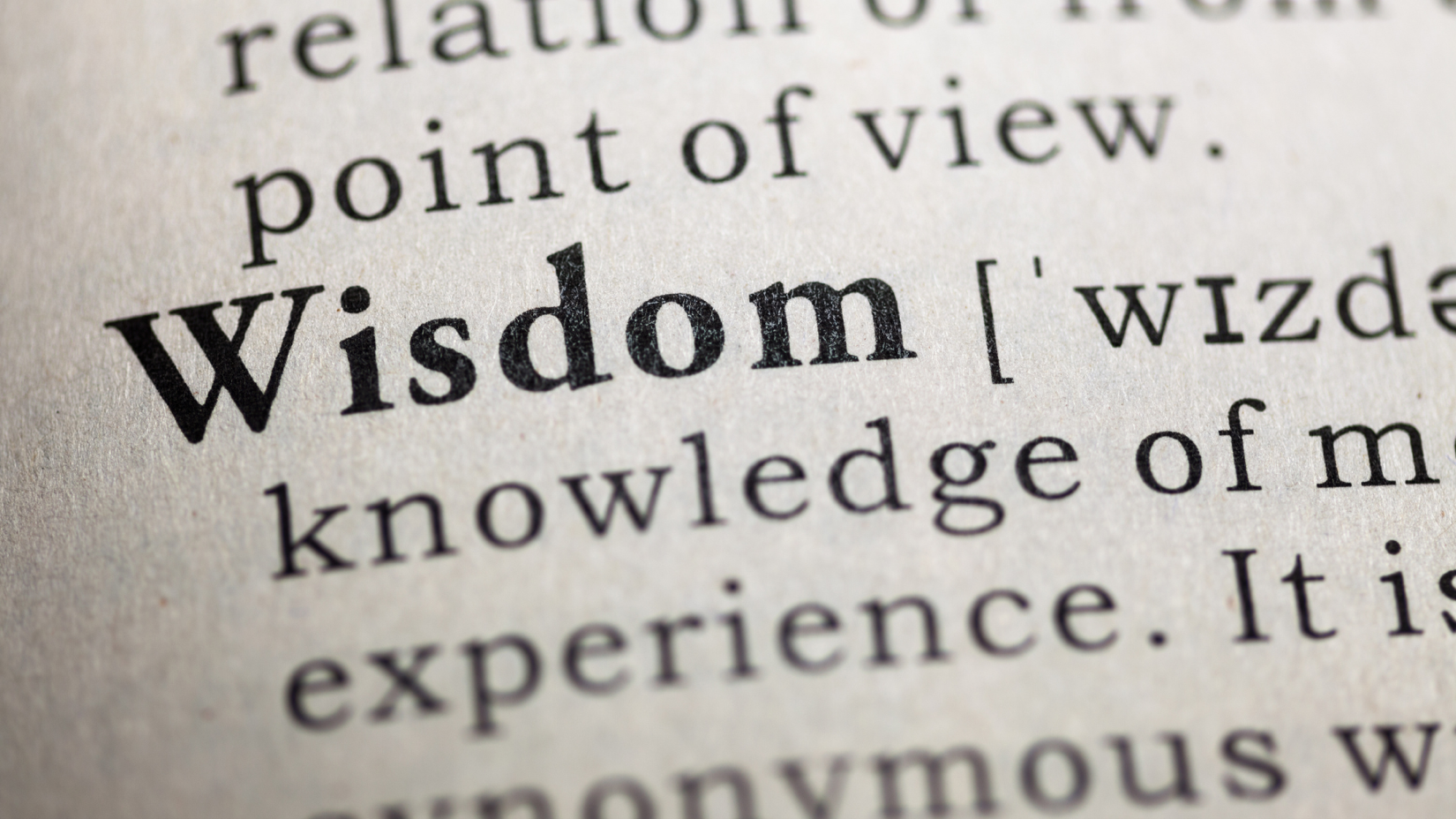

Brax Carvette, Youth Minister
Brax is the youth pastor at NorthRidge Fellowship and has been at NorthRidge since 2006. He and his wife, Jessica, have a son, two daughers and they live in Elk River, Minnesota.
In this election season and everyone promising a way to change the world, how do Christians bring God’s heavenly will to earth?
In this election season, it’s common to hear one candidate or another proclaim how they want to change America. One proposes one plan, another says that their plan won’t work and put forward their own. This can leave us with a question: How do we correct injustice, evil, and oppression? What’s the best way to change the word? Or, to apply this to our own lives, how do I change the world? There are powers and politics as big as what Moses was dealing with back in Egypt. How did Moses try to bring about change? How do we?
“One day, after Moses had grown up, he went out to where his own people were and watched them at their hard labor. He saw an Egyptian beating a Hebrew, one of his own people. Looking this way and that and seeing no one, he killed the Egyptian and hid him in the sand. The next day he went out and saw two Hebrews fighting. He asked the one in the wrong, “Why are you hitting your fellow Hebrew?” The man said, “Who made you ruler and judge over us? Are you thinking of killing me as you killed the Egyptian?” Then Moses was afraid and thought, “What I did must have become known.”
When Pharaoh heard of this, he tried to kill Moses, but Moses fled from Pharaoh and went to live in Midian, where he sat down by a well.” Exodus 2:11–15
Clearly, Moses doesn't look so good in our passage this week. He kills a guy. If we pay attention to the narrative of Exodus 1–2 and compare it to Genesis 3–4, we’ll see that Moses is being portrayed as a person very similar to Cain. Cain strikes down his brother and flees in fear. Moses does the same. It’s hard to get around the author’s intent to paint Moses in a less than favorable light. But, there’s a problem with this way of reading Moses’ story and that problem is the way Stephen read this story.
In the Book of Acts, chapter 7, during Stephen's speech to the Sanhedrin, he says this, “When Moses was forty years old, he decided to visit his own people, the Israelites. He saw one of them being mistreated by an Egyptian, so he went to his defense and avenged him by killing the Egyptian. Moses thought that his own people would realize that God was using him to rescue them, but they did not. The next day Moses came upon two Israelites who were fighting. He tried to reconcile them by saying, ‘Men, you are brothers; why do you want to hurt each other?’ But the man who was mistreating the other pushed Moses aside and said, ‘Who made you ruler and judge over us? Are you thinking of killing me as you killed the Egyptian yesterday?’ When Moses heard this, he fled to Midian, where he settled as a foreigner and had two sons" (Acts 7:23–29).
Stephen seems to have a different spin on this story. In fact, if you read Stephen’s speech, you can see that he is trying to show the Sanhedrin that they are not like Moses or the prophets or any of the heroes of Israel’s history. They’re like the Israelites who rejected the heroes. Luke even records Stephen’s speech in such a way that Moses is downright Christlike in his deliverance.
So, in Acts, it seems like Moses is being put on parallel in this very story to Jesus himself. That was so odd to me because there are so many other ways that Moses was a type of Christ in this exact way that Stephen is laying out. His whole point is that a) Moses was a deliverer and b) Moses was a rejected deliverer. Why not choose from any of the thousand times that Israel rejected Moses? (e.g., Exodus 14:10–12, 16:2–4, Numbers 14:1–4) Why use this story where Moses is clearly in the wrong?
After all, if Exodus 1–2:10 is a sort of re-hashing of the themes of Genesis 1–3, then it shouldn't come as any surprise that Exodus 2:11 and following mirrors Genesis 4. Moses is very much like Cain in this story. He kills someone and then flees.
But still, Stephen turns this story into one about Moses as a deliverer rather than a murderer. Even though Exodus makes him look more like Cain. This caused a lot of tension for me!
But then I started thinking about Moses' intentions. He does seem to be the delivering type. In fact, in the very next part of the story, Moses "rises up" and saves Reuel's daughters (the Hebrew word יקם being the same word for "rose up" that Cain did, only he did it to rise up and kill his brother). So, he likely was trying to deliver his brothers and seems to believe that God has chosen him to be the one to deliver the Israelites. So, in that regard, there’s no tension between what Stephen is saying and what Exodus is saying.
So, can we do what Moses did and use violence to correct oppression, injustice, and evil? Is that how we change the world? Based off of what Stephen is saying, it seems like the answer is yes.
But Jesus (as he often does) complicates things.
In Matthew 5:38–42, he says that we ought not to “resist the evil person.” Now, we could take that to mean that Jesus is telling us that we can’t tell someone to stop hitting us, cussing us out, or otherwise hurting us. But that’s not the primary use of the word “resist” in the Greek here. The word is closer to the idea of “the Resistance.” Now, when you read “the Resistance,” what do you think of? If you’re familiar with Germany-occupied France, you know what The Resistance is: the underground, covert movement to overthrow Nazi Germany’s rule through guerrilla warfare. If you’re familiar with the new Star Wars trilogy (for better or worse) you know The Resistance, the group of freedom-fighters who blow up death stars (death planet? Whatever that thing was), fight Darth Vader wannabes, and make a profit off of our nostalgia.
The point is: they resist through means of violent force. That’s the way they attempt to change the world. And Jesus says that it’s exactly that kind of world changing that we can’t do.
So now back to Moses. Was he right or wrong to kill a man to bring about change?
And here’s the question that helped clear things up for me: Did Moses want Israel to escape, or did he want Israel to rise up and take over? Where did Moses want to go?
And, let me tell you, this is where things got really exciting for me!
In Exodus 1:1–7, the Israelites are being fruitful and multiplying. That's pre-fall, Edenic language. In a sense, it seems that Egypt was an Eden-place, because God was causing the Israelites to be fruitful and multiplied— blessed as Adam and Eve were.
And Genesis makes this connection between Egypt and Eden explicit! When Abraham's shepherds are quarreling with his nephew, Lot’s, shepherds, Abraham says in Genesis 13 that they shouldn't quarrel (which sounds similar to Moses' entreaty to his Hebrew kin in Exodus 2). Then, Abraham says that Lot should choose what land he wants to go to. Then, "Lot looked around and saw that the whole plain of the Jordan toward Zoar was well watered, like the garden of the Lord, like the land of Egypt. (This was before the Lord destroyed Sodom and Gomorrah.) So Lot chose for himself the whole plain of the Jordan and set out toward the east. The two men parted company..." (vv. 10–11) Egypt and Eden are like twins to Lot when he sees the land. Both are places of immense physical prosperity.
And it’s this Egypt that is a place of refuge for God’s people throughout the book of Genesis. It was really like the garden of Eden! It is a place of abundance— all that you could ever need. But the place of refuge is not the place of rest.
Moses acted towards deliverance, but (and I’m speculating here, but it makes sense to me) it was to get Egypt as their possession and not the Promised Land, which God had said he would give to the descendants of Abraham.
He was confused as to where his home was.
So, God made sure that Moses would be out in the wilderness where he could learn the way of Abel (a shepherd, see 3:1). Out there, he would discover that the Garden isn't where everything is prospering, but where God is (the burning bush reflects this Edenic imagery and presence of God in chapter 3).
He had to learn that he would be a deliverer— but not by using the ways of Egypt (violence and death) but by the ways of God. Instead of deliverance through a sword, deliverance would be brought through a Word— God's Word.
Moses had to learn to stop hitting and start trusting God to bring about justice and deliverance.
If Egypt was his home, Moses would be right to fight for it (see Jesus’ words to Pilate in John 18:36). But it was the place of refuge, not the place of rest. He was called to a better Land, a Land of rest, a Land of Promise. Because that place was his home, he would change the world by listening to God’s Word and speaking it.
So how do we change the world?
First, we need to know— without a doubt— where our home is. The world in its present form is a place of refuge but is passing away. It’s like Lot’s house in the midst of the city of Sodom— it won’t last long. The world today is like Egypt in Exodus 1:1–7. We can be fruitful and multiply, but we should make no mistake: our home is with Christ first (see 2 Corinthians 5:8) and then here on earth when he returns to make all things new (Revelation 21:1).
In the meantime, we want God’s will to be done on earth just as it is in heaven.
And how we do that is the same way that Moses had to learn: by speaking the Word of God to our generation. If this world was our home, it would be right to fight for it. But it is a place of refuge, not a place of rest. We are called to a better Land. We’re called to a Land of rest. A Land of Promise. Because that place is our home, we take up God’s Word and speak it in love to the people in front of us.


Contact Us
If you have questions about an article you read on our blog, reach out to Brax Carvette, Blog Editor at braxc@nrf.life or call 763.270.6425.
Share our Blog on Facebook!











